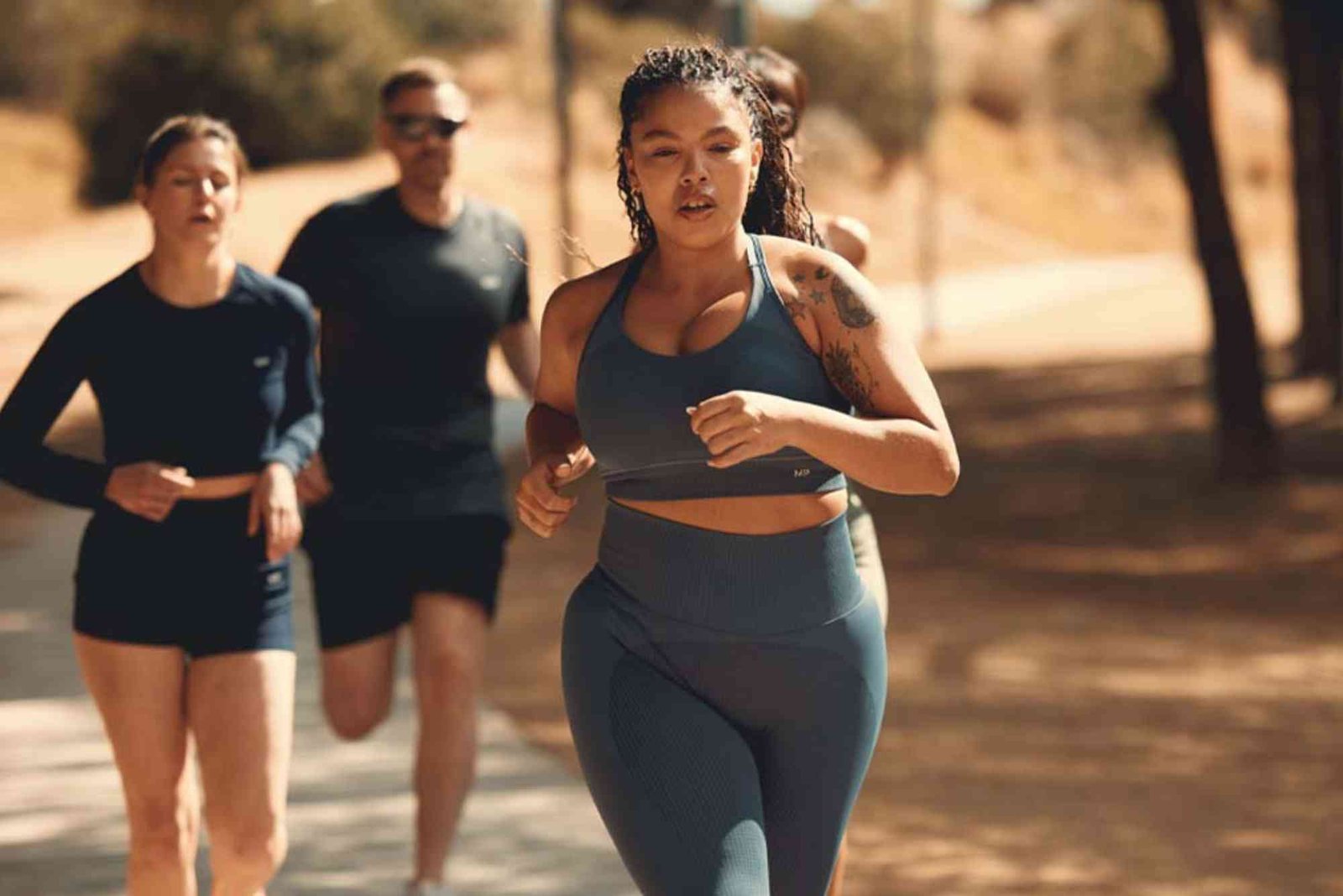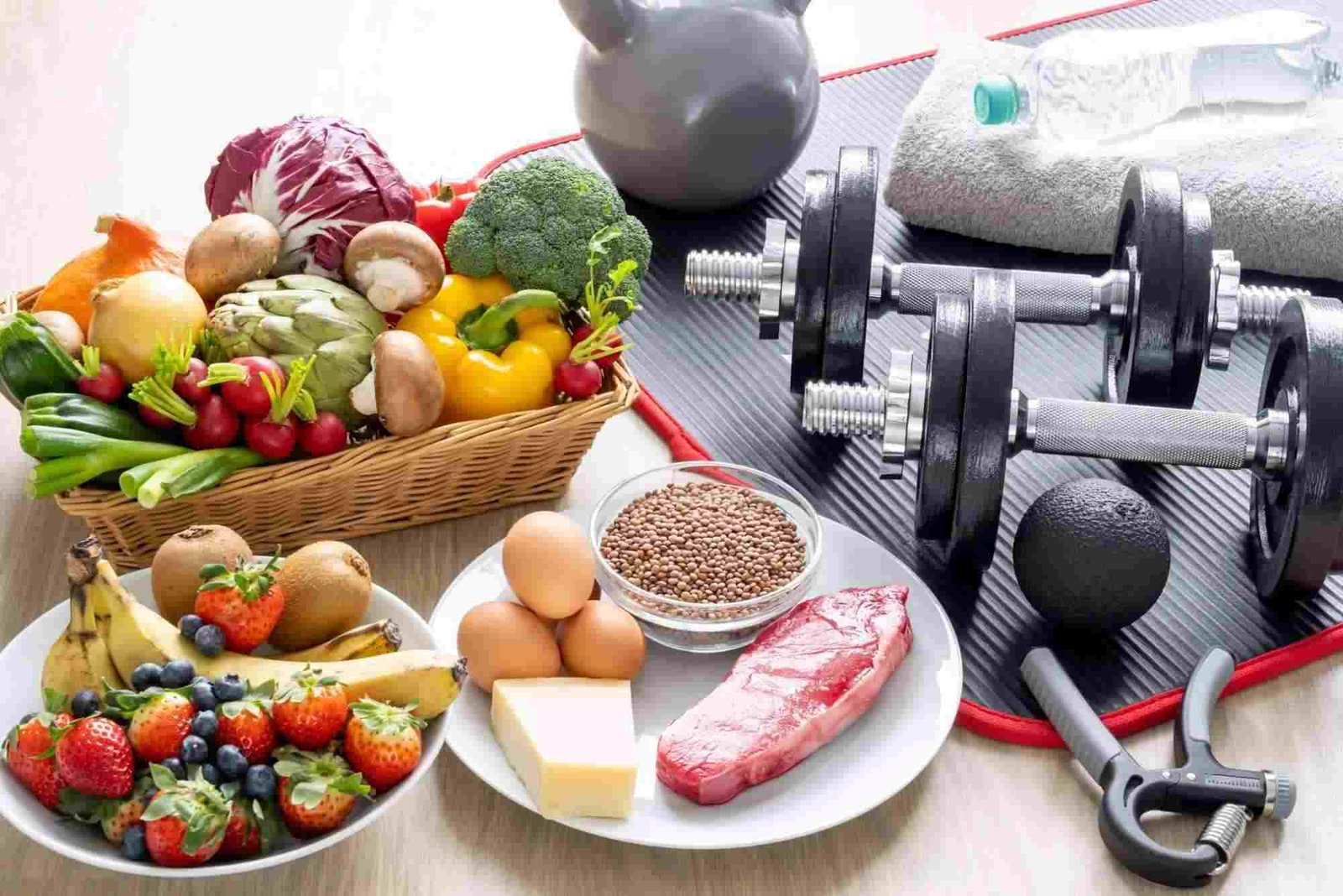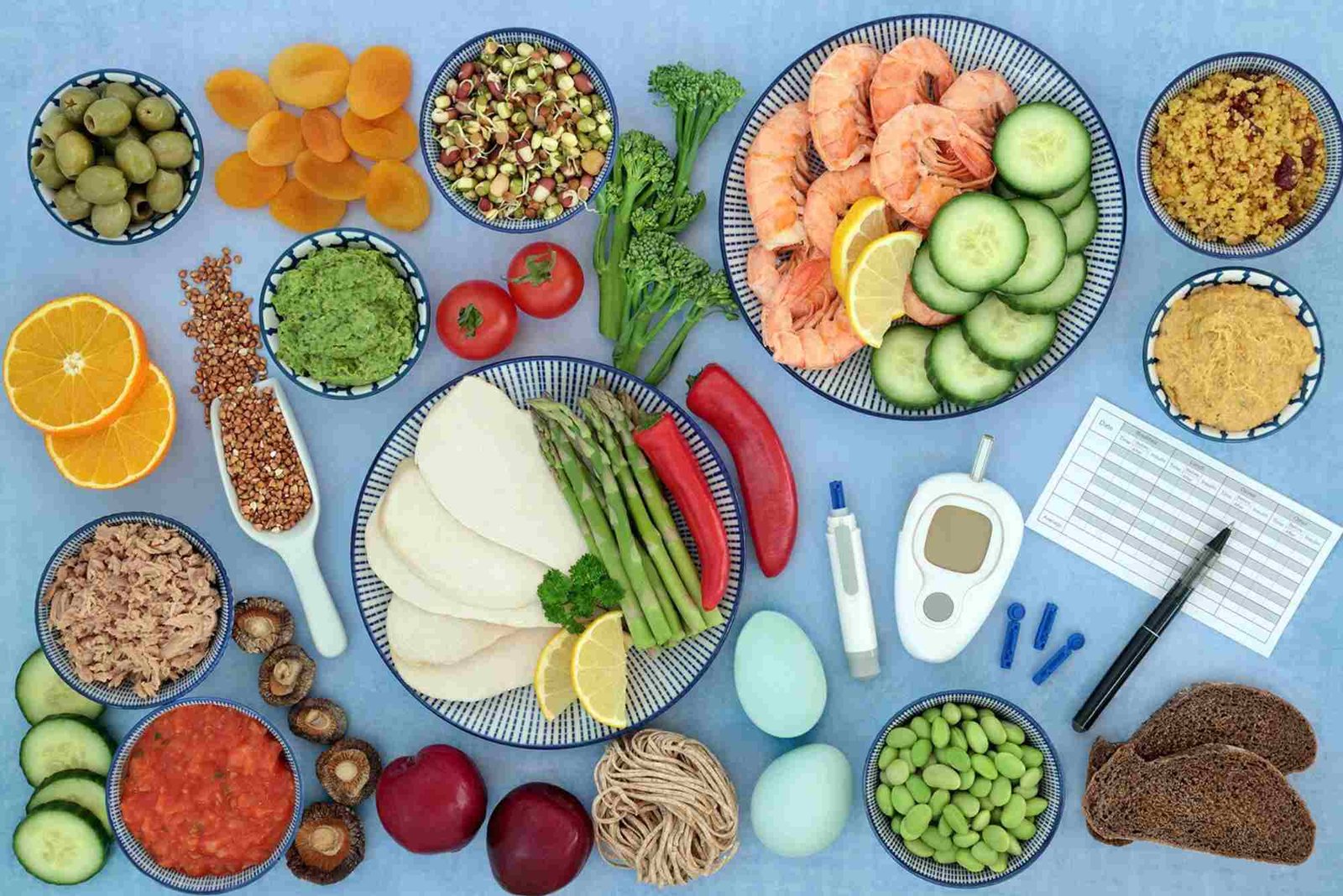Introduction
Eating before exercise can make a big difference in your performance, energy levels, and recovery. If you’re new to fitness, one of the most common questions is: how long before you exercise should eat? The timing of your pre-workout meal is just as important as what you eat.
Understanding Why Meal Timing Before Exercise Matters
The human body uses food as fuel. When you eat before exercising, you provide your muscles with the necessary energy to perform efficiently. Food replenishes glycogen stores, helps maintain blood sugar levels, and prevents fatigue. Eating at the right time also minimizes the risk of stomach cramps, dizziness, or sluggishness during your workout. For beginners, understanding when and what to eat can help you build sustainable exercise habits and get the most out of your workouts.
How Long Before You Exercise Should Eat: The Golden Rule
The simple answer is: eat 1 to 3 hours before exercise. This window allows your body to digest food and convert it into usable energy. The exact timing depends on the type of meal you eat and your personal comfort.
If you eat a large meal, aim for at least 3 hours before exercising. If it’s a small snack, you can eat about 30 to 60 minutes before your workout. The key is to avoid feeling too full or too hungry when you start exercising. You can also check out this guide to how long before you exercise should eat for more tailored advice on meal timing and nutrition before workouts.
What to Eat Before Exercising
Not all pre-workout meals are created equal. The right combination of carbohydrates, proteins, and healthy fats can maximize your energy output and minimize fatigue.
Carbohydrates: The Primary Energy Source
Carbs are your body’s preferred source of energy. Before exercising, eat complex carbohydrates that digest slowly and provide sustained energy. Examples include oatmeal, whole-grain bread, or a banana with peanut butter. Avoid refined sugars or heavy pastries that can spike and crash your blood sugar levels.
Protein: Essential for Muscle Support
Protein helps repair and build muscle tissue. A moderate amount before a workout can support muscle performance and recovery. Options include Greek yogurt, boiled eggs, or a protein smoothie with fruit.
Healthy Fats: Use in Moderation
While fats are a longer-lasting energy source, they take more time to digest. It’s best to consume small amounts of healthy fats such as nuts, avocado, or olive oil if your workout starts two or more hours after eating.
Best Pre-Workout Meal Timings
Here’s how to plan your meals depending on how much time you have before your workout:
3 Hours Before Exercise
Eat a balanced meal containing carbohydrates, lean protein, and a small amount of fat. Examples: grilled chicken with rice and vegetables, or a turkey sandwich on whole-grain bread.
2 Hours Before Exercise
Opt for a lighter meal or a hearty snack. A smoothie with protein powder, berries, and milk is a great choice.
1 Hour Before Exercise
Choose easily digestible carbohydrates with a bit of protein. A banana with a scoop of peanut butter or a small bowl of oatmeal works well.
30 Minutes Before Exercise
If you’re short on time, go for a quick Best How Long Before you Exercise Should snack like a piece of fruit, an energy bar, or a few nuts. This gives your body a fast source of energy without overwhelming digestion.
Common Mistakes Beginners Make
Many beginners either skip meals or eat too close to their workouts. Both can negatively impact performance. Eating too soon before exercise can cause discomfort, nausea, or sluggishness. On the other hand, not eating at all can lead to fatigue and dizziness. Finding a balance through trial and error is key.
Another mistake is relying on heavy, greasy, or sugary foods that can cause energy crashes or stomach issues. Stick to whole, nutrient-dense foods that fuel your body properly.
Should You Exercise on an Empty Stomach?
Fast workouts, often called fasted training, are popular among some fitness enthusiasts. Exercising without eating can help burn stored fat, but it’s not ideal for beginners. Without enough energy, your body may break down muscle tissue or cause fatigue early in your workout.
If you choose to exercise on an empty stomach, start slow. Drink water, monitor how your body reacts, and avoid high-intensity sessions until your endurance improves.
Hydration: The Overlooked Pre-Workout Step
Hydration plays a major role in exercise performance. Dehydration can cause muscle cramps, low energy, and reduced focus. Aim to drink at least 500ml (about 17 ounces) of water 1 to 2 hours before your workout. Continue sipping small amounts of water up until you start exercising.
If you’re doing longer workouts or exercising in hot weather, consider a sports drink that contains electrolytes to replace lost minerals.
Pre-Workout Nutrition for Different Goals
For Weight Loss
Choose low-calorie, high-fiber foods that keep you full without excess calories. Examples include an apple with almond butter or Greek yogurt with berries.
For Muscle Gain
Prioritize protein and carbohydrates to support muscle recovery and growth. Chicken with rice, or a protein smoothie with oats and milk, are ideal.
For Endurance Training
Carbohydrate-rich meals work best for runners or cyclists. Oatmeal, brown rice, or whole-grain toast with honey can keep energy levels steady throughout longer workouts.
The Role of Post-Workout Nutrition
While pre-workout meals prepare your body, post-workout meals help you recover. After exercising, your muscles are ready to absorb nutrients for repair and growth. Aim to eat within 45 minutes after your workout, focusing on carbohydrates and protein.
A simple meal like grilled salmon with sweet potatoes or a protein shake with a banana can help replenish energy and support recovery.
Expert Tips for Beginners
Start simple. Don’t overcomplicate your pre-workout meals.
Keep a food and workout journal to track what works best for your body.
Avoid high-fiber or spicy foods before exercise—they can cause stomach discomfort.
Always test different timing and meal combinations to find your personal comfort zone.
Follow exercise safety guidelines to ensure your workouts are both safe and effective.
How to Combine Diet and Exercise for Better Results
Nutrition and exercise work hand in hand. Eating properly before and after workouts helps maintain consistency and motivation. Beginners often underestimate how food timing can improve performance, but with time, you’ll notice increased stamina, better focus, and faster recovery.
To enhance your progress, explore sports & fitness basics and create a structured routine that fits your lifestyle. Remember, your fitness journey is a long-term commitment — consistency and proper nutrition are key to lasting results.
Fuel Right, Perform Better
Understanding how long before you exercise should eat is a crucial step for beginners who want to train effectively and safely. Eating the right food at the right time gives your body the energy it needs to perform and recover better. Experiment with timing and food types to find what works best for you.
Start your journey with smart nutrition, proper hydration, and safe training practices. If you’re ready to enhance your workout performance, explore this guide to how long before you exercise should eat for more tips, and check out sports & fitness basics to continue improving your overall health and fitness.
FAQs
How long before working out should I eat a banana?
A banana is easy to digest, so eating it about 30–45 minutes before your workout provides quick energy.
Is it better to work out on an empty stomach in the morning?
It depends on your body. Some people feel energized, while others feel weak. Beginners should start with a light snack first.
What should I not eat before exercise?
Avoid heavy, greasy, or spicy foods that take longer to digest. These can cause stomach upset and reduce performance.
How much water should I drink before a workout?
Drink around 500ml (17 ounces) of water 1–2 hours before exercising. Keep sipping water during your workout as needed.
Can I drink coffee before exercising?
Yes, moderate caffeine can boost alertness and endurance. Drink it about 45 minutes before your workout but avoid adding too much sugar or cream.




